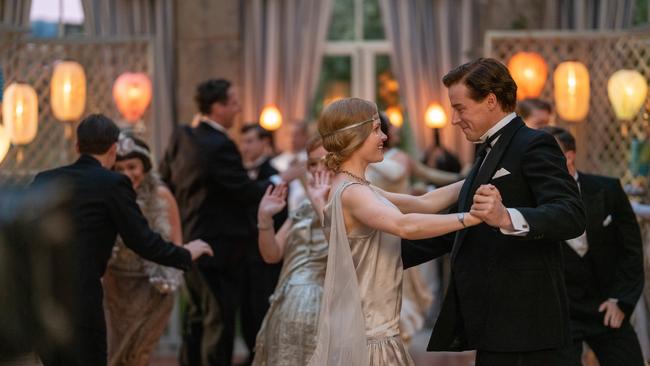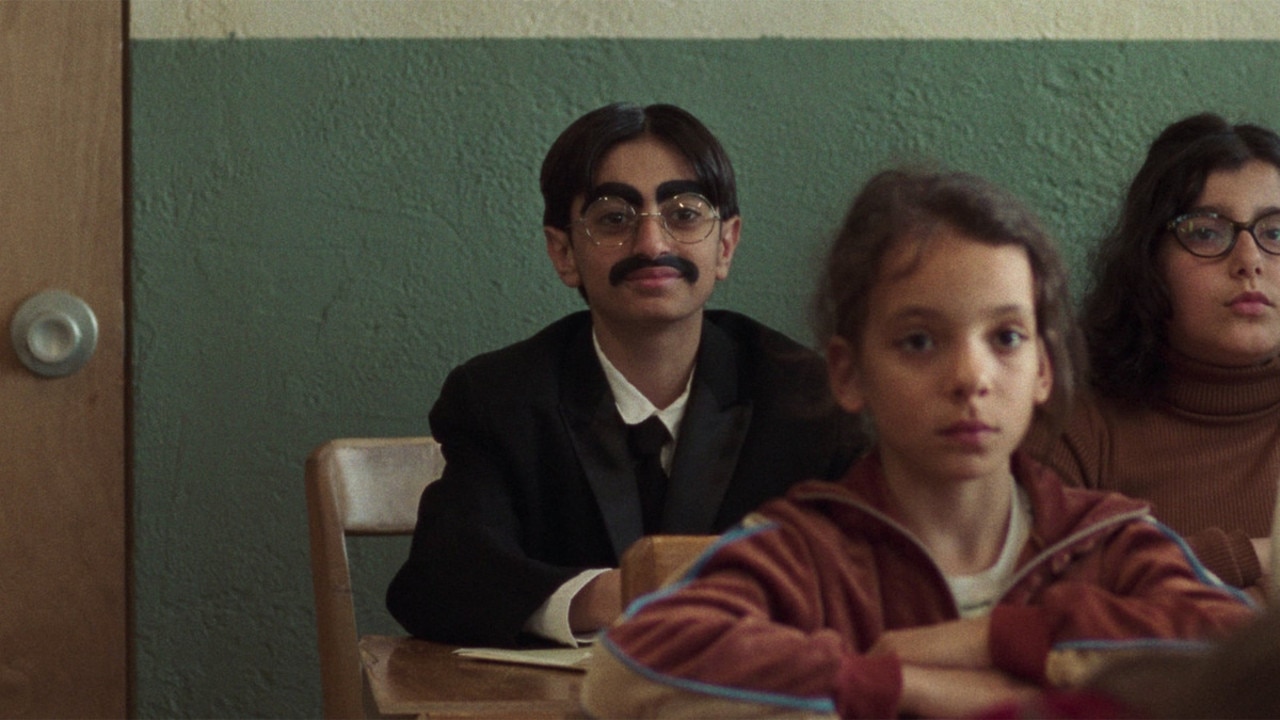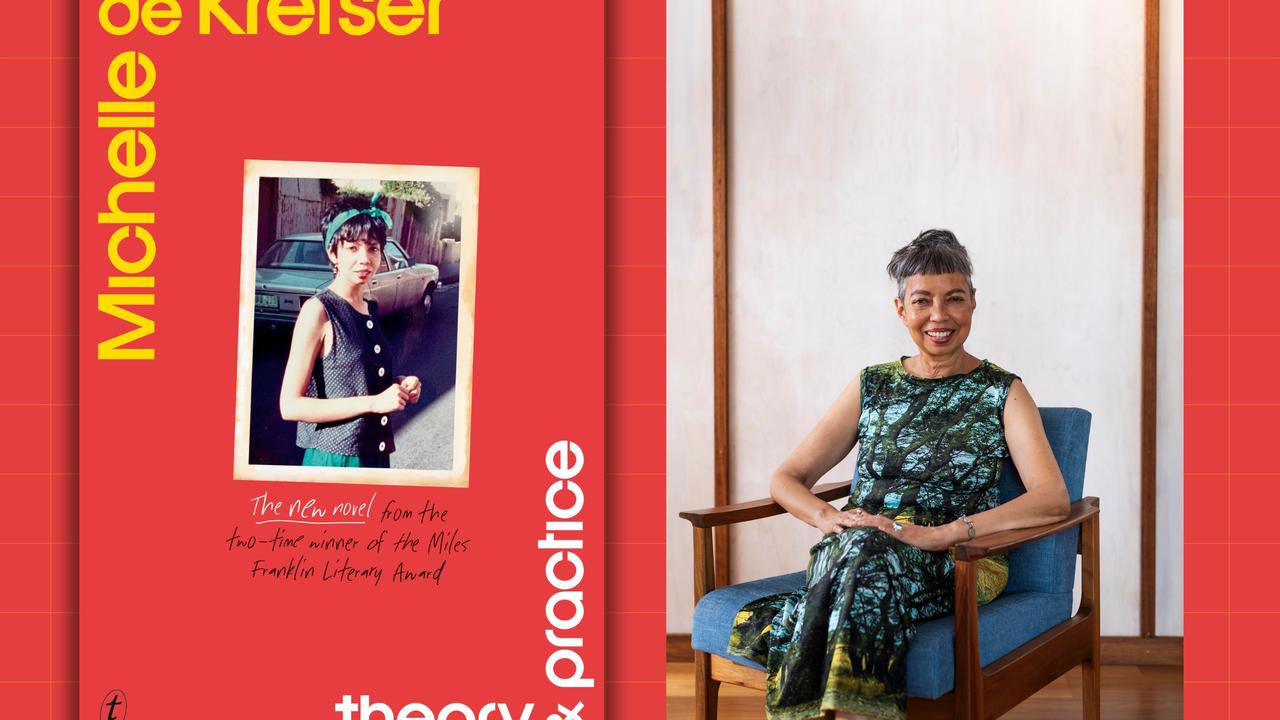Benediction, secret life of British poet Siegfried Sassoon
Benediction tells how British poet Siegfried Sassoon was a prominent member of an unofficial society of gay artists who congregated in London between the wars.

Benediction (M)
In cinemas
★★★★
If you asked me to compile a list of the 10 best British films of all time one of the 10 would certainly be Terence Davies’ first feature, Distant Voices, Still Lives (1988), a deeply moving semi-autobiographical slice of working-class family life set in Liverpool during and after World War II. Subsequently Davies has made a series of mostly excellent films including a fine adaptation of Terence Rattigan’s The Deep Blue Sea (2011) and A Quiet Passion (2016), a biography of American poet Emily Dickinson. His latest film, Benediction, is also a biography: this time the subject is the British poet, Siegfried Sassoon, who came to prominence after World War 1 with his impassioned anti-war poems.
One of the significant elements of Benediction is that Sassoon was a prominent member of an unofficial society of gay artists who congregated in London between the wars. Davies has never made a secret of the fact that he is gay, but he has never directly focused on gay characters in any of his previous films. Raised a Catholic, he has made it clear that his sexuality is not something with which he’s always been entirely comfortable, which makes his celebration of Sassoon all the more interesting.
Davies has structured the film in two periods of time, some 30 years apart, and he cuts back and forth between scenes with Sassoon in his 30s, played by Jack Lowden, and then in his 60s, played by Peter Capaldi.
The first occasion on which this transition in time is made occurs when the younger Sassoon is in a church; suddenly he morphs into his older self, and it’s a riveting transformation.
The film actually commences in 1914, just prior to the outbreak of war. England is a place where “God was in his heaven and there were sausages for breakfast”. 2nd Lt. Sassoon performs heroically in the trenches (the battleground footage is confined to original documentary material), but after returning to London he publicly attacks the way the politicians have been conducting the war in a “Soldier’s Declaration”. As he is still in uniform and his protests have understandably not been well received, he is sent to a military psychiatric hospital in Edinburgh in disgrace.
It is here that he encounters two men who will have a profound effect on his life.
Dr Rivers (Ben Daniels) is a warm and supportive therapist who over time reveals to Sassoon that he is secretly a gay man. And it’s here in the sanatorium that Sassoon falls in love with Wilfred Owen (Matthew Tennyson) who will have a lasting impact on his life.
Much of the film explores the world of the queer community of writers, actors and artists who made their mark on Britain’s cultural scene at the time.
Sassoon’s relationship with the mercurial actor-director-composer Ivor Novello (Jeremy Irvine) almost deserves a film of its own.
Some of Sassoon’s other relationships are touched on, including those with actor Glen Byam Shaw (Tom Blyth) and social butterfly Stephen Tennant (Calam Lynch). Eventually Sassoon abandons his gay lifestyle, marries a woman named Hester Gatty, and has a son.
Sassoon sets this young woman, who is well aware of his sexuality, an impossible task (“You must redeem my life for me”) and Davies is uncompromising in his depiction of the relationship, from its promising start – with Kate Phillips as the young Hester – to its tarnished bitterness some 30-plus years later – Gemma Jones now appearing as the older Hester.
Sassoon’s relationship with his son, George (Richard Goulding) is also a troubled one – despite George’s attempts to please his father – in one scene he takes the old man to see the popular 60s musical Stop the World I Want to Get Off, but Sassoon is not terribly impressed.
Benediction is one of Terence Davies’s best films. The dialogue is caustic and witty, the effete world of these talented, mostly self-centred men is beautifully evoked and the film is visually striking, thanks to the excellent work of cinematographer Nicola Daley.
-
A Hero (Ghahreman) (PG)
In cinemas
★★★★
The protagonist of the excellent new film from Iranian writer-director Asghar Farhadi could not be described as a “hero” without qualifications. His speech-impaired son worships him, members of his extended family bend over backwards to accommodate him and his girlfriend adores him. But Rahim, played by Amir Jadidi, has plenty of enemies which is why he’s serving time in a prison in the city of Shiraz for non-payment of debt.
In A Hero’s opening scene he has been temporarily released from prison on a two-day pass and he makes straight for the spectacular cliff face where the royal tombs of Persepolis are located and where his brother-in-law, Hossein (Alireza Jahandideh) is working as a restorer.
Hossein takes Rahim back to his comfortably crowded home, where the women prepare the food and the children play. We learn that Rahim is in debt to Bahram (Mohsen Tanabandeh), the brother of his first wife; Bahram, a shopkeeper, is uncompromising and even vindictive; he wants his money back, all of it, and is quite prepared to insist that Rahim serves out his prison sentence if he doesn’t get it. From Rahim’s perspective, Bahram is a monster – but, we discover, he has his reasons, good reasons, to take a punitive attitude towards his former brother-in-law.
Perhaps Rahim’s salvation will come from Farkhondeh (Sahar Goldust), a beautiful, very modern young woman who is devoted to him. While waiting at a bus stop, Farkhondeh had picked up a lost handbag with a broken strap. Inside the bag are 17 gold coins, raising the possibility that the sale of them could pay off the debt. But the price of gold has plummeted and Rahim realises that the sale of the dubiously acquired coins won’t be sufficient to pay his debt. So he decides to advertise that the handbag and the coins have been found and hope for a reward. In due time a woman claims the bag – but was she really its owner? For his “honesty” the prison officials heap praise on Rahim and a TV crew films a glowingly positive interview with the “hero”. This, though, is far from the end of the story.
In all of his films, including About Elly (2009), A Separation (2011), the first Iranian film to win an Oscar, The Salesman (2016) and his two European productions, The Past (2013), made in France, and Everybody Knows (2018), made in Spain, Farhadi has explored the flaws and foibles of his characters, shortcomings that all seem to have universal application. Drama is to be found among families, friends and work colleagues.
The story here is a little convoluted, and it takes a while to sort everything out, but the director’s humanity and the serene skill with which he explores the details of this family drama are an endless source of admiration.





To join the conversation, please log in. Don't have an account? Register
Join the conversation, you are commenting as Logout